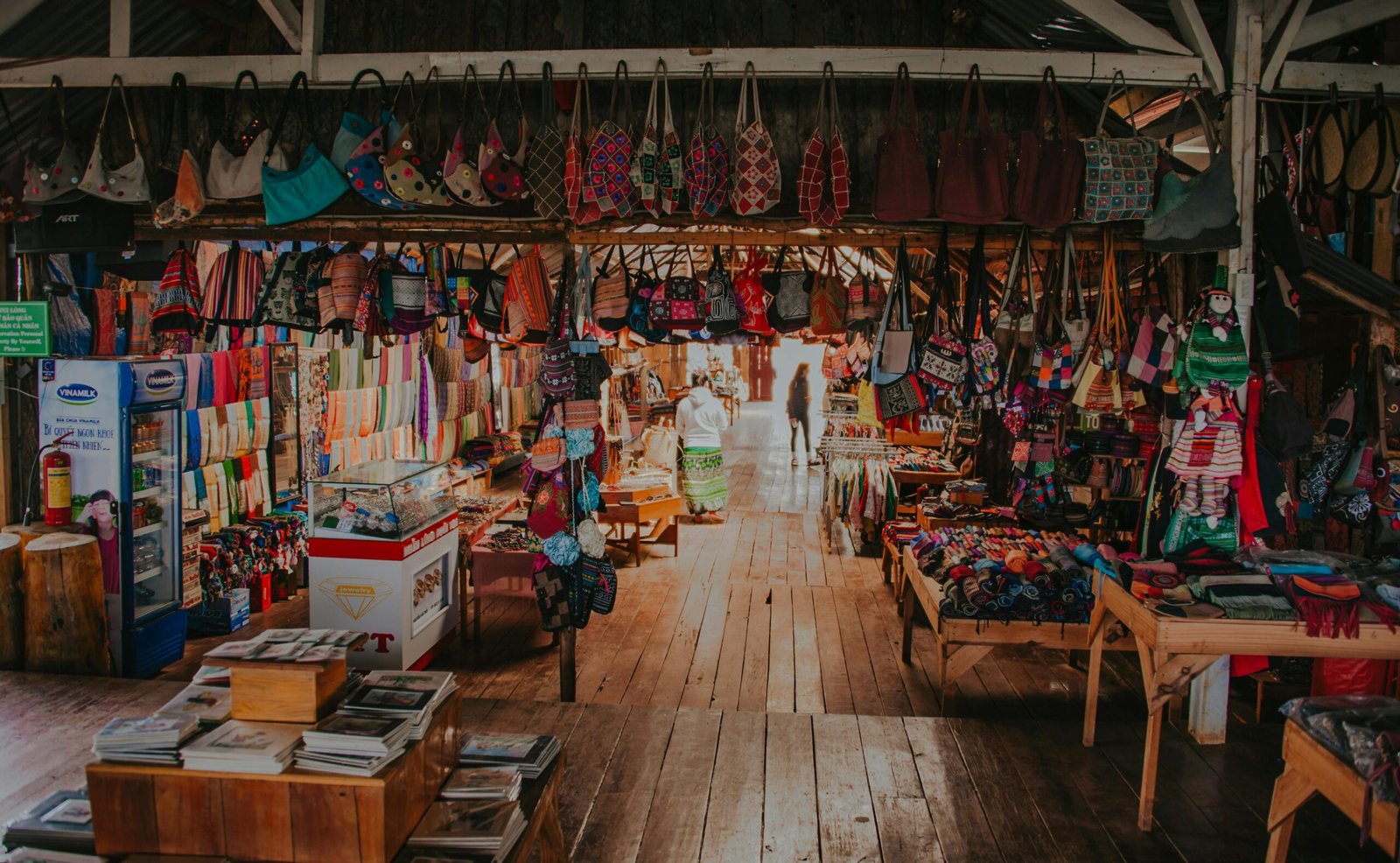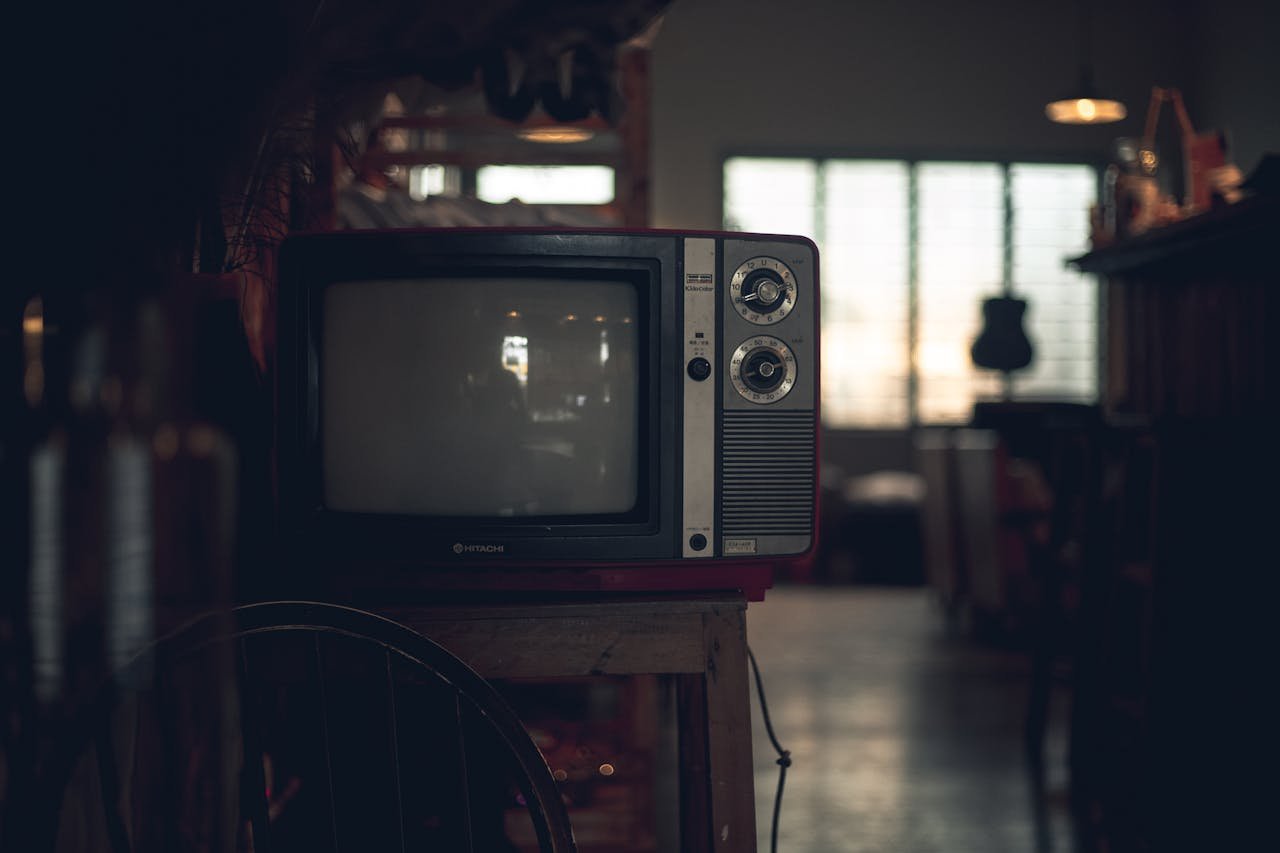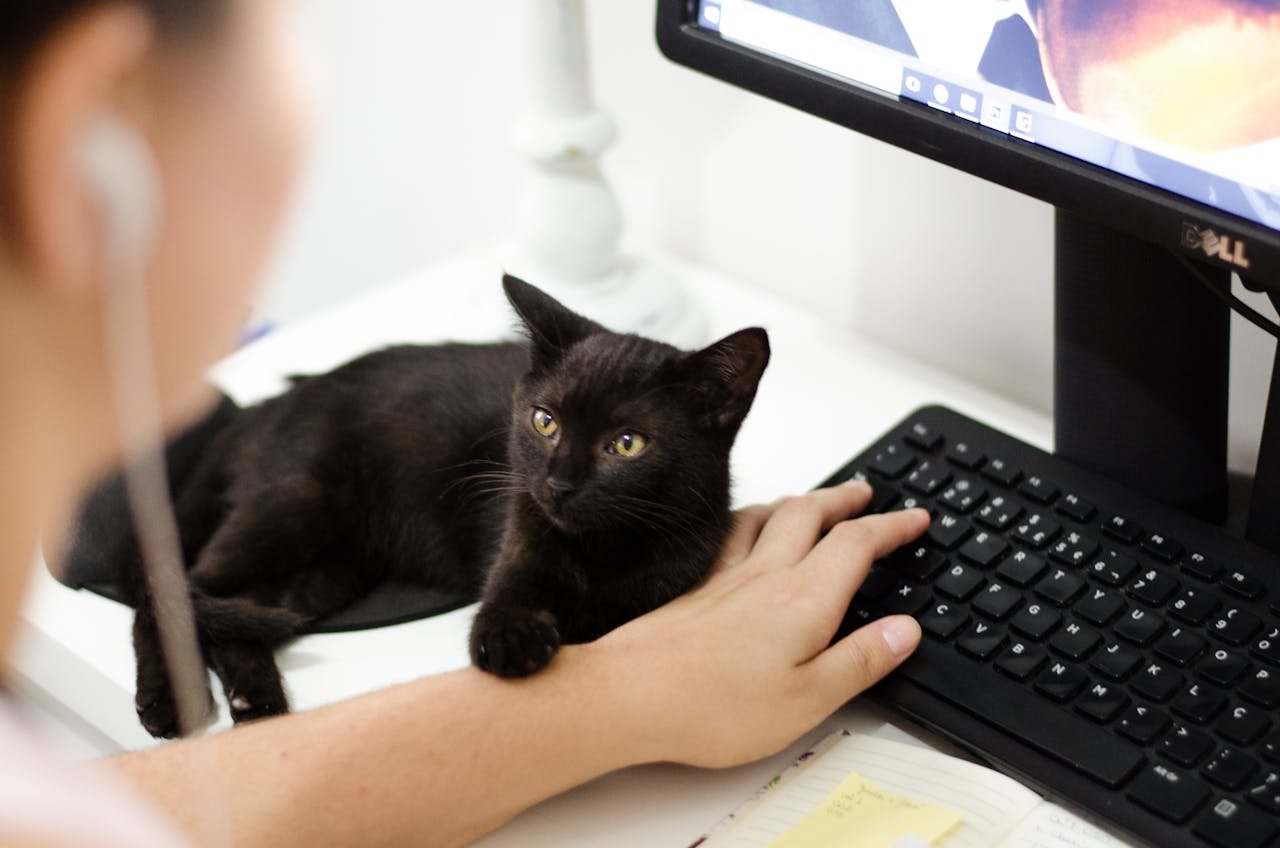Constant urge to buy, debt, and frustration after shopping? Learn how to recognize a shopping addiction, its consequences, and what you can do about it.
A new outfit, a nice item for the home – shopping is fun and can trigger a real feeling of happiness. But what if the Shopping becomes a compulsionWhat if the next purchase no longer brings joy, but instead guilt, debt, and inner stress?
In this article you will learn how to recognize shopping addiction, which Follow she can have – and how you can get out again.
What is shopping addiction?
Compulsive buying, also called “oniomani”, is a form of Behavioral addictionThose affected feel a inner compulsion to buy things, even if they don't need them or can't actually afford to buy them.
Typical features:
- You buy to compensate for inner emptiness, boredom or stress
- You lose control over your spending
- You feel guilty or dissatisfied after the purchase
- You try to hide your purchasing behavior from others
Online shopping, available around the clock, can further exacerbate the problem.
What are the consequences of shopping addiction?
Compulsive shopping can have far-reaching consequences – emotionally, socially and financially:
- Debt and money problems
- Conflicts in relationships or family
- Shame and self-doubt
- Feeling of loss of control
- Displacement of other problems (e.g. loneliness, stress, anxiety)
Many affected people only realize late how much their behavior is affecting them – because shopping is often socially acceptable.
Why does shopping addiction arise?
The causes are often complex. The following factors frequently play a role:
- Low self-esteem
- Unprocessed emotional stress
- Learned behavioral patterns (e.g. consumption as a reward)
- Availability and stimuli through advertising, social media and online shops
When you buy something, dopamine—the "reward hormone"—is released. However, this good feeling usually doesn't last long. This creates a vicious cycle: buy – guilt – buy again.
What helps with shopping addiction?
The first step is to admit that your buying behavior does more harm than good. These tips can help you:
- Introduce a Purchase diary – what, when, why?
- Place clear budgets and shopping lists firmly
- Avoid spontaneous online purchases (e.g. by using the 24-hour waiting time rule)
- Ask yourself before buying: Do I really need this – or am I just trying to compensate for a feeling?
Particularly helpful: psychological counselingto understand your behavior and develop healthy alternatives.
In Luxembourg, psychological counseling services offer support for parents, adolescents, and adults who desire lasting change. Contact us for more information! Make an appointment at Boost4u. We support you with one online advice on your path to emotional well-being!



